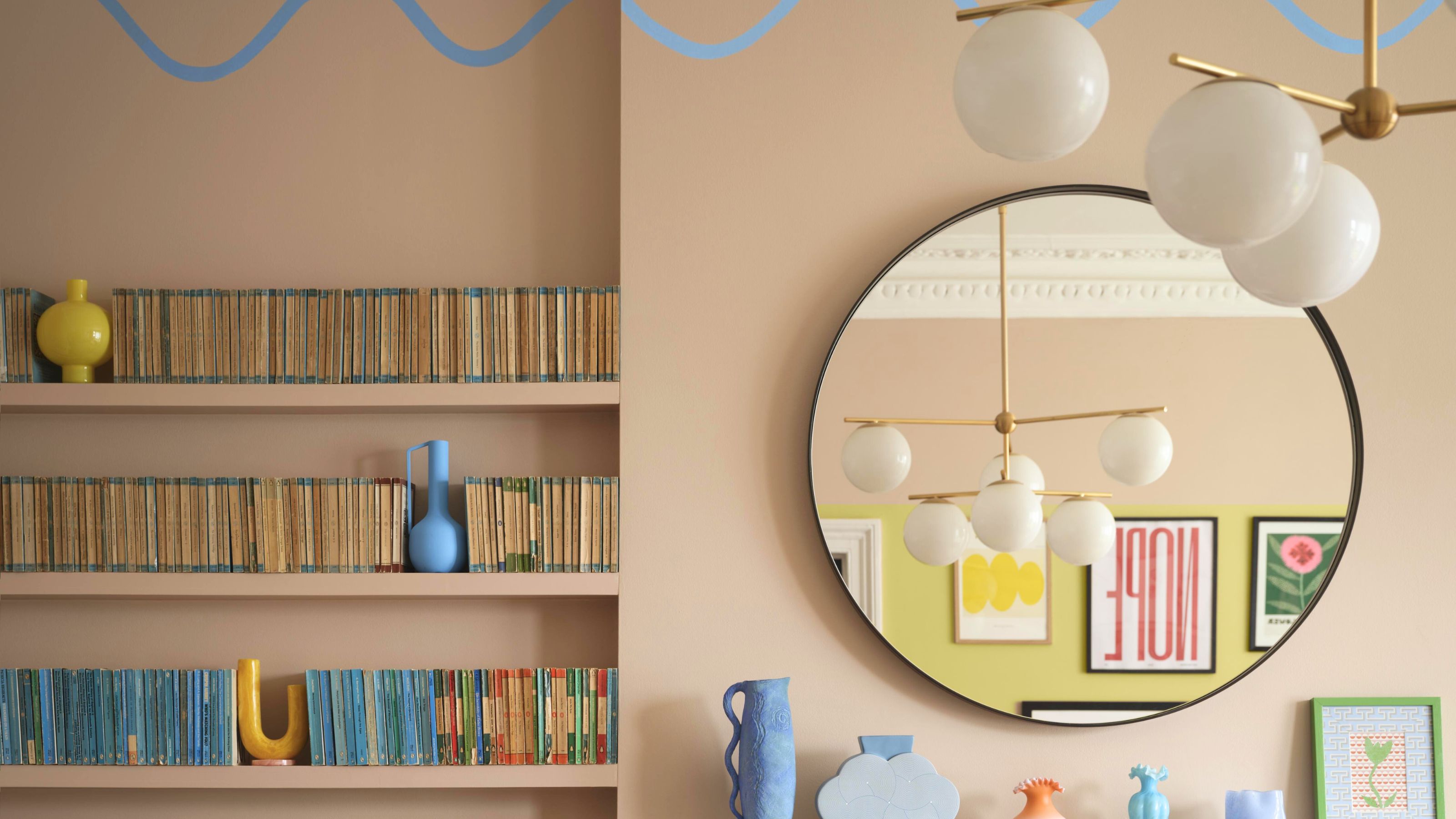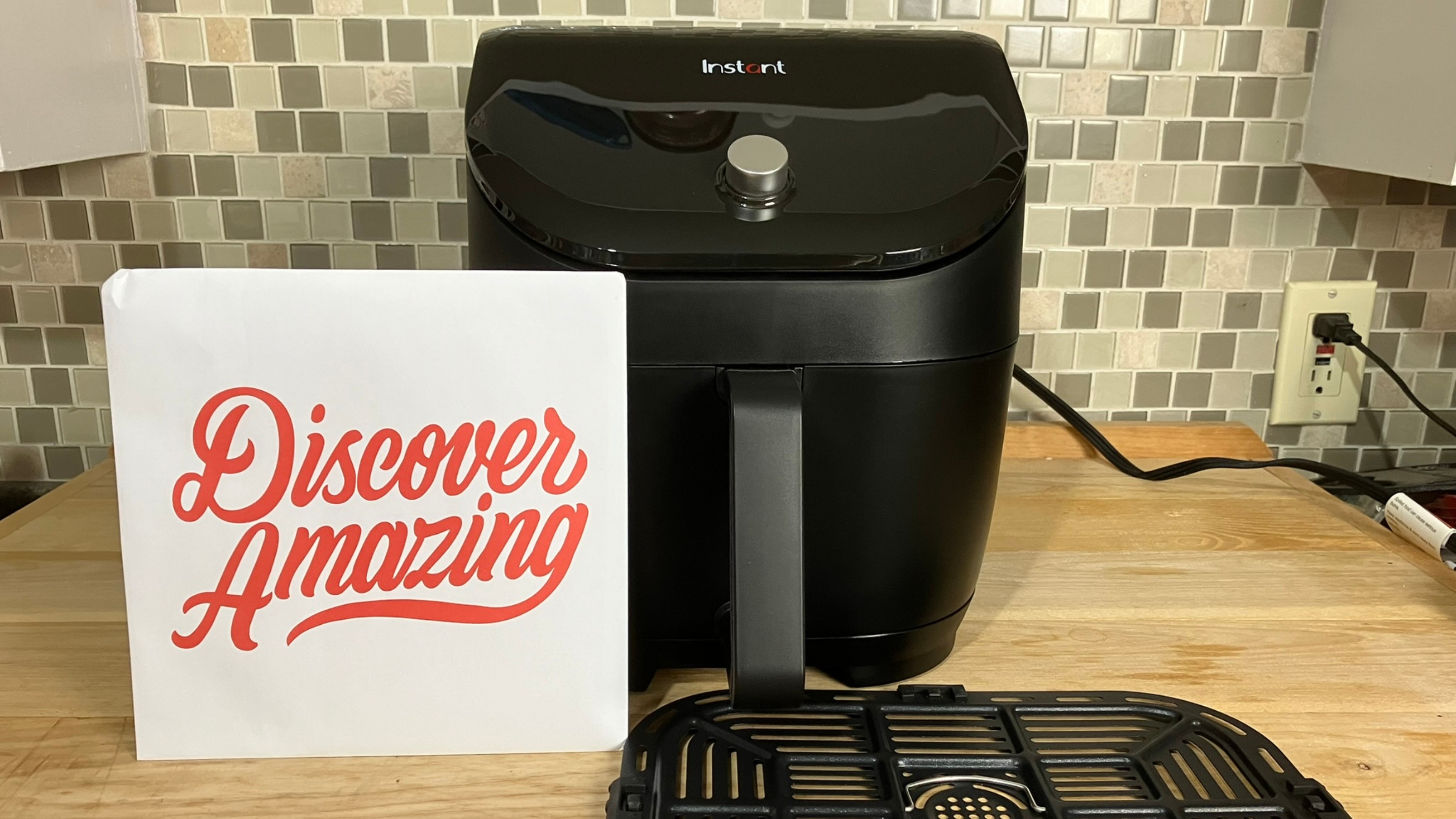5 things to consider when buying a property
Looking to buy? Our top tips will ensure you get the most for your money

Looking to buy a property? A significant life step for many of us, buying – irrespective of whether it’s for the first time or the fifth time – can be a daunting prospect. But, if you know what you’re looking for, it doesn’t have to be.
Whether you’re a young professional looking to get your foot on the property ladder; want to downsize now that the kids have flown the nest; or something in between, our tips and tricks – brought to you in collaboration with Ventrolla – are designed to ensure you get the most for your money.
1. Look for signs of water damage
Unless you’re planning a major renovation – and even then – water damage is a problem best avoided when buying a property. In addition to causing major structural damage, it can cause your home to need a complete rewire if water has found its way into the electrical systems. We’d recommend looking out for the following:
- Check for obvious leaks. If this requires giving all the taps, as well as the shower and any other water outlets a go, so be it.
- If possible, take a look underneath appliances – such as the washing machine – as well as beneath the bath to ensure the flooring has not been damaged.
- Remember that bubbling wallpaper or paintwork with a chalk-like consistency can be a sign that damp is lurking beneath.
- Pay particular attention to the corners of rooms – this tends to be where water damage is most obvious.
- Take a look at the windows. Does there appear to be a problem with condensation?
- Make use of your sense of smell. If certain spaces smell musty, trust your gut and investigate further.
And remember, it’s in the interest of the estate agent or homeowner to try and mask signs of water damage, so take note of attempts to use air freshener to mask the smell; as well as wallpaper – or artwork – used to hide damp-related issues.

2. Check the windows
According to Ventrolla, the sash window renovation experts, windows are often a good indicator of the overall condition of a home, so they’re certainly something worth taking your time to inspect prior to committing to the purchase of a property. Pay particular attention to the following:
- Do all of the windows open and close easily? If not, they may contribute to issues related to mould and condensation, as well as impeding your exit, should there be a house fire.
- Are the windows single or double glazed? The better the glazing, the more you’ll save on energy bills. Discover more about double glazing with Ventrolla.
- Take a look at the material used. It’s worth bearing in mind that timber is rarely beyond repair, particularly with the help of experts such as Ventrolla.
- Remember that windows affect the external appeal of your home, as well as the internal. Ensuring that everything looks smart from the outside will improve curb appeal and has the potential to enhance the value of your property.
Not sure what you should be looking for? Ventrolla offer a free timber window survey for those seeking expert advice and insight. Plus, they’re our go-to for all things specialist timber windows and have options to suit every budget and requirement.
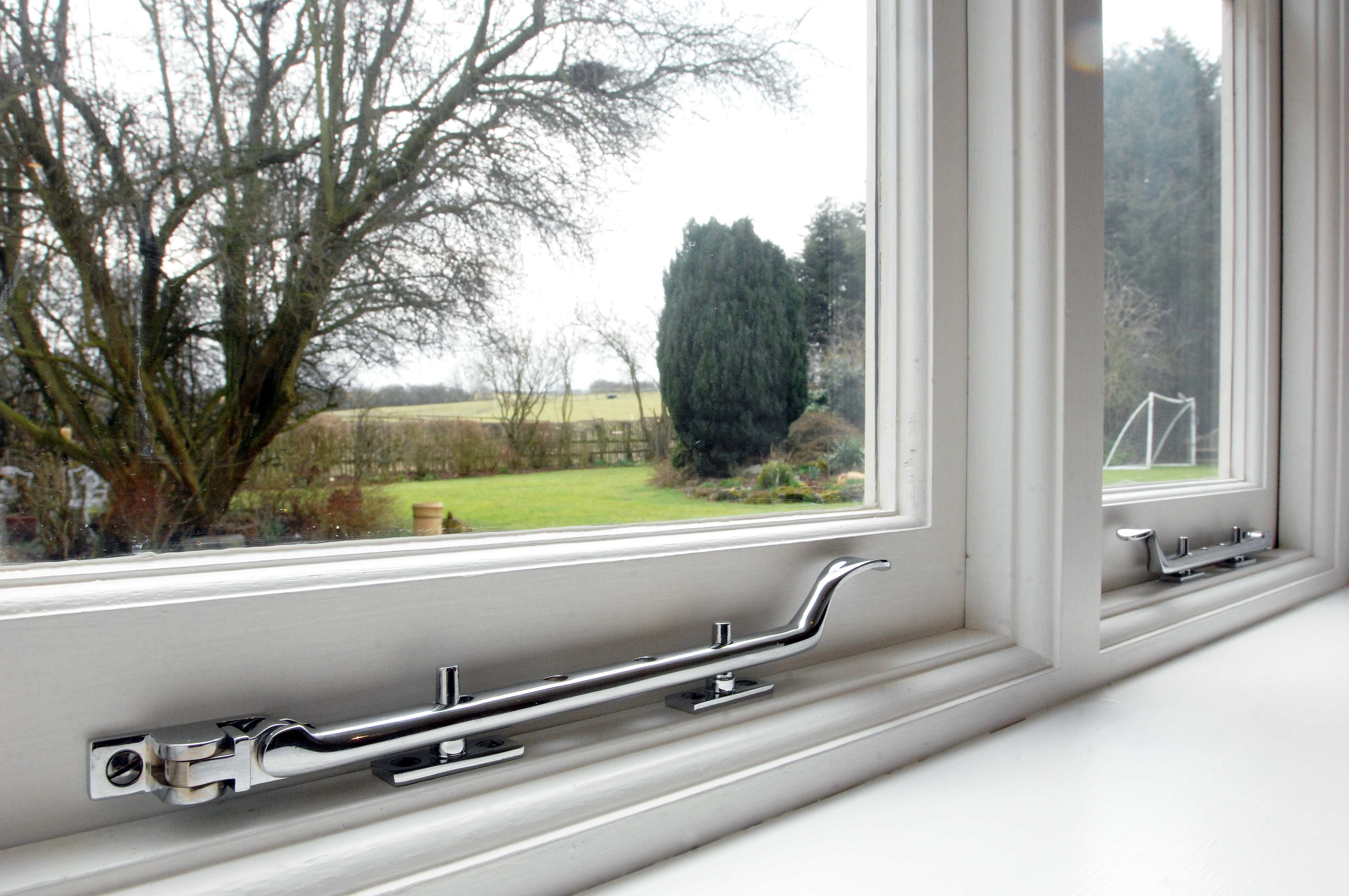
3. What condition is the roof – and the rest of your homes exterior – in?
While checking the condition of the roof can prove a little more challenging, it’s more than worth the commitment, in the long run. After all, discovering that you have to replace the entire roof, further down the line, could mean incurring a large additional cost. Here’s what to look for:
- Are there any roof tiles obviously missing? What percentage look cracked or damaged?
- Take time to inspect the chimney – is it straight?
- Do any connected fireplaces work with full effect? It’s important to bear this in mind irrespective of whether they’re open, or boarded up.
- Do the gutters and drainpipes appear to be in working order? If they’re blocked, or broken, this could lead to water damage, further down the line.
- Is there any plant life growing up, or over, the property? While wisteria, ivy, or anything else looks pretty while in full bloom, there is potential for them to damage – or have already damaged – the structure of a property.
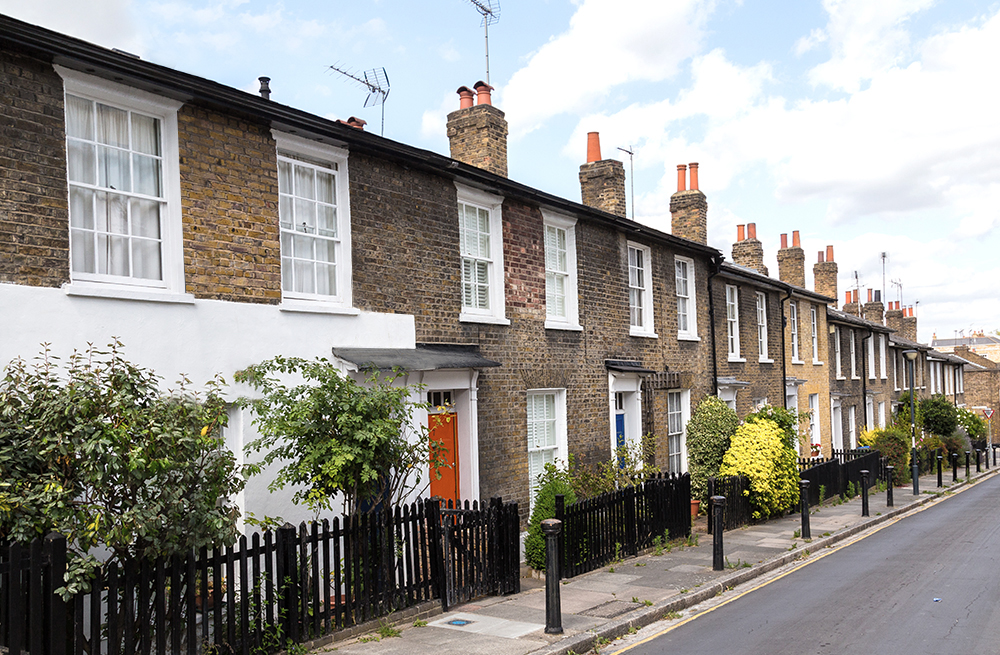
4. Test the water pressure
Who are Ventrolla?
Ventrolla are the market leading sash window experts. Successfully renovating 18,600 windows, annually, their services include renovation, draught-proofing, double glazing, secondary glazing and complete new timber windows, all of which can improve the value of your home.
While, generally, the quality of the water pressure in a property is the result of the geography, in some instances it can be an indication that the plumbing work is not quite as it should be, or that something, somewhere, is leaking.
Take time to try out the shower, the taps and any other water outlets to check the quality of the water pressure, first hand. Then, take time to do your research; either by asking neighbours about their experiences or by turning to the internet, where you should be able to find information about water pressure in the area.
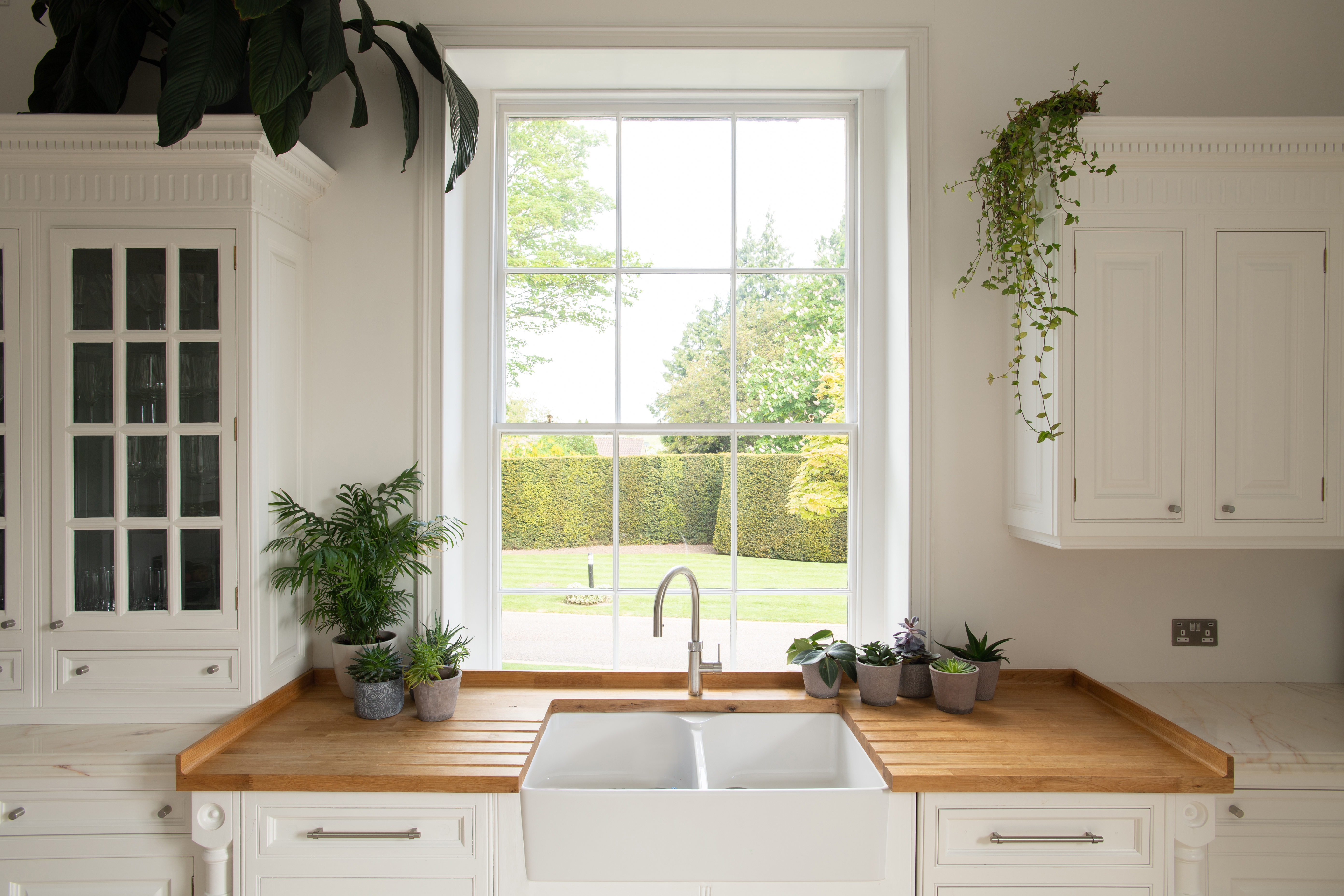
5. Ensure the electrics are in order
Rewiring a property can be both expensive – it literally involves tearing a property apart – and time consuming, so it’s worth ensuring you know what you’re getting yourself in for prior to purchasing a property. Look out for the following:
- Basic checks include ensuring that all light switches and plug sockets work, as expected. If they don’t, this could be a sign of a greater issue.
- Keep an eye out for any exposed wires – this is an obvious sign that things are not as they should be and could pose a significant threat from a safety perspective.
- Think about how you’d intend on laying out each room, hypothetically. Are there enough plug sockets and are they in convenient locations?
Ultimately, if you’re unsure about anything related to electrics, it’s essential that you consult a qualified electrician who can provide expert advice and insight.
Get small space home decor ideas, celeb inspiration, DIY tips and more, straight to your inbox!
Real Homes is committed to sharing the best advice on everything from renovating your home to what products to fill it with. From DIY how tos, to ideas galleries and reviews Real Homes offers knowledge and expertise to help you do what you need to do, in a way that hopefully makes the process fun and easy. Our sponsored content is not an editorial endorsement, but allows you to connect with brands to assist your home renovation journey and alerts you to products you may not have known about before.
-
 5 reasons why renters should up their home security
5 reasons why renters should up their home securityWe reveal the whys and hows of protecting your rented home this winter
By Sponsored Published
-
 4 reasons to try softened water in your home
4 reasons to try softened water in your homeTackle limescale for easier cleaning, lower average bills and more
By Sponsored Published
-
 Be wiser with your heating this winter
Be wiser with your heating this winterGet ready for the colder months ahead by optimising your heating while keeping your energy bills in check
By Sponsored Published
-
 6 tips to get maximum efficiency out of your heating this winter
6 tips to get maximum efficiency out of your heating this winterAs the dark nights are drawing in, get savvy with your heating to keep warm all winter
By Real Homes Published
